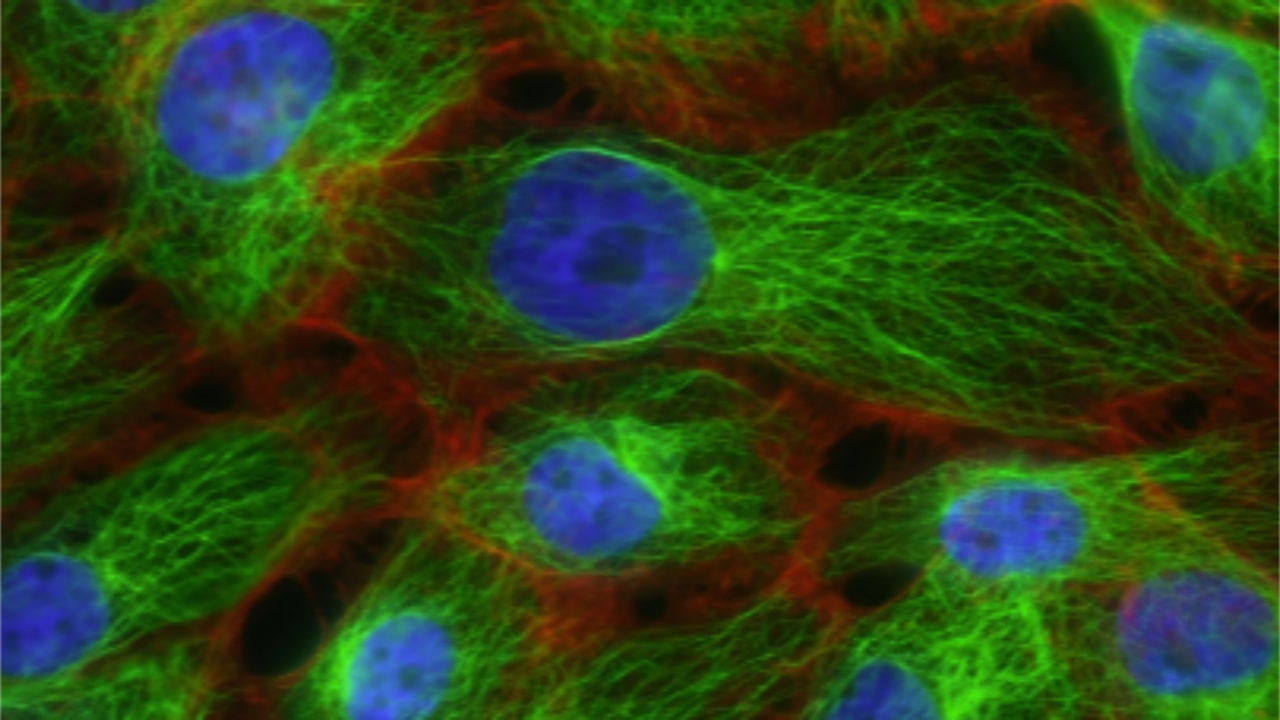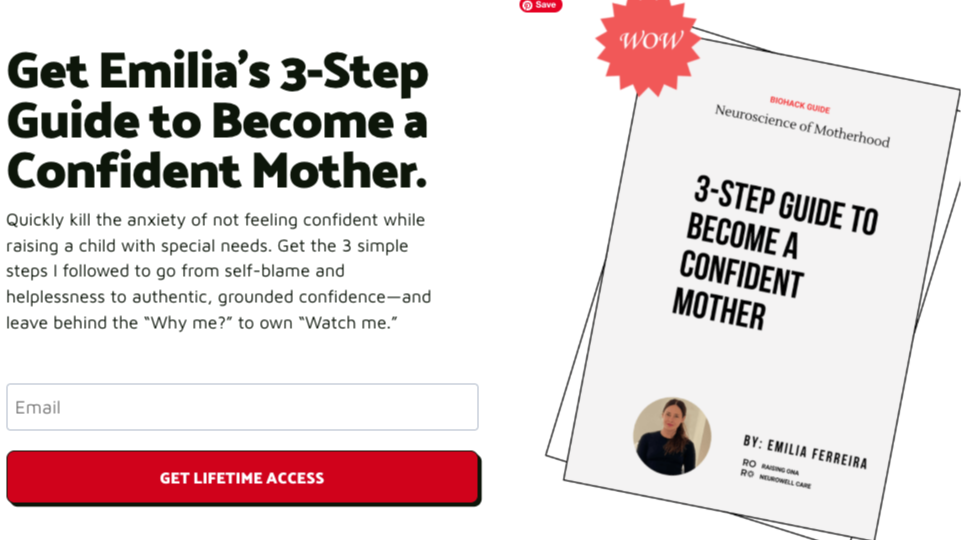
Implementing Salutogenic Biohacks in Care
Caregivers of children with brain injuries often grapple with a silent oppression, burdened by societal stereotypes and unspoken challenges. These stereotypes diminish their experiences, leading to feelings of isolation and inadequacy. The salutogenic model offers a transformative approach to addressing these issues by focusing on root causes rather than symptoms, ultimately empowering caregivers and dismantling harmful stereotypes.
Salutogenesis, developed by Aaron Antonovsky, shifts the focus from disease to the origins of health and well-being. This model is particularly powerful for caregivers as it provides a framework to understand and enhance their overall health and resilience. By concentrating on factors that promote well-being, salutogenesis helps caregivers move beyond the narrow focus of symptom management to address the underlying causes of their stress and challenges.

Stereotypes about caregiving often paint a bleak picture, portraying caregivers as perpetually overwhelmed and exhausted. These stereotypes contribute to the silent oppression that many caregivers feel, as their complex realities are reduced to simplistic, negative narratives. The salutogenic model desensitizes these stereotypes by shifting the focus to the strengths and resources that caregivers inherently possess.
The cultural and social context plays a crucial role in shaping caregivers' experiences. Salutogenesis acknowledges and values the unique cultural backgrounds and social dynamics of caregivers, helping to break down one-dimensional stereotypes and replace them with a more nuanced understanding. Life as a caregiver can be unpredictable and chaotic, but the salutogenic model emphasizes creating order and predictability. This helps caregivers manage stress more effectively, reducing the feelings of helplessness that stereotypes often perpetuate.
Instead of viewing caregivers as overwhelmed, the salutogenic approach focuses on balancing the demands placed on caregivers with the resources available to them. This balance empowers caregivers, showing them as capable and resourceful individuals who can manage their responsibilities effectively. Salutogenesis encourages caregivers to find meaning and purpose in their roles. By highlighting the significant impact they have on their children's lives, this model helps to counteract the negative stereotypes that diminish their contributions.

Traditional approaches to supporting caregivers often focus on alleviating immediate symptoms of stress and burnout. While important, these methods do not address the root causes of caregivers' challenges. The salutogenic model takes a different approach by enhancing the sense of coherence, which involves helping caregivers see their lives as comprehensible, manageable, and meaningful. A strong sense of coherence allows caregivers to better understand and navigate their challenges, leading to greater resilience and well-being. By focusing on the factors that promote health and resilience, salutogenesis helps caregivers develop long-term strategies for managing stress, reducing the likelihood of burnout and enhancing overall life satisfaction. Salutogenesis promotes self-acceptance, encouraging caregivers to recognize and build on their inherent strengths. This empowerment contrasts sharply with the disempowering nature of stereotypes, fostering a more positive and realistic self-image.
Our biohacking program, grounded in the salutogenic model, is designed to support caregivers in a comprehensive and sustainable way. By addressing root causes rather than symptoms, we provide practical tools that align with the caregivers' natural strengths and life contexts. These biohacks include mindfulness practices that create predictability and reduce stress, helping caregivers manage their day-to-day challenges more effectively. We build networks of support that provide practical assistance and emotional encouragement, balancing the demands placed on caregivers. We encourage caregivers to engage in activities that bring meaning and fulfillment, enhancing their sense of purpose and well-being.

By embracing the salutogenic model, we can dismantle the stereotypes and silent oppression that caregivers of children with brain injuries often face. This approach empowers caregivers by addressing the root causes of their challenges and highlighting their inherent strengths. Through practical biohacks and a focus on sustainable well-being, the salutogenic model offers a path to a more resilient, fulfilling, and empowered caregiving experience. Let us recognize and support caregivers not as victims of their circumstances, but as capable and resilient individuals who play a vital role in their children's lives and in our society.
In understanding how the salutogenic model can transform the caregiving experience, we see that it is not merely about managing symptoms but about fostering a deep sense of coherence and well-being. This comprehensive approach recognizes the multifaceted nature of caregiving, appreciating the cultural, social, and personal dimensions that contribute to a caregiver's journey. By shifting our focus to the root causes and promoting a sense of coherence, we empower caregivers to thrive despite their challenges. This is the essence of salutogenesis—transforming lives by focusing on health, resilience, and the inherent potential within each individual.



